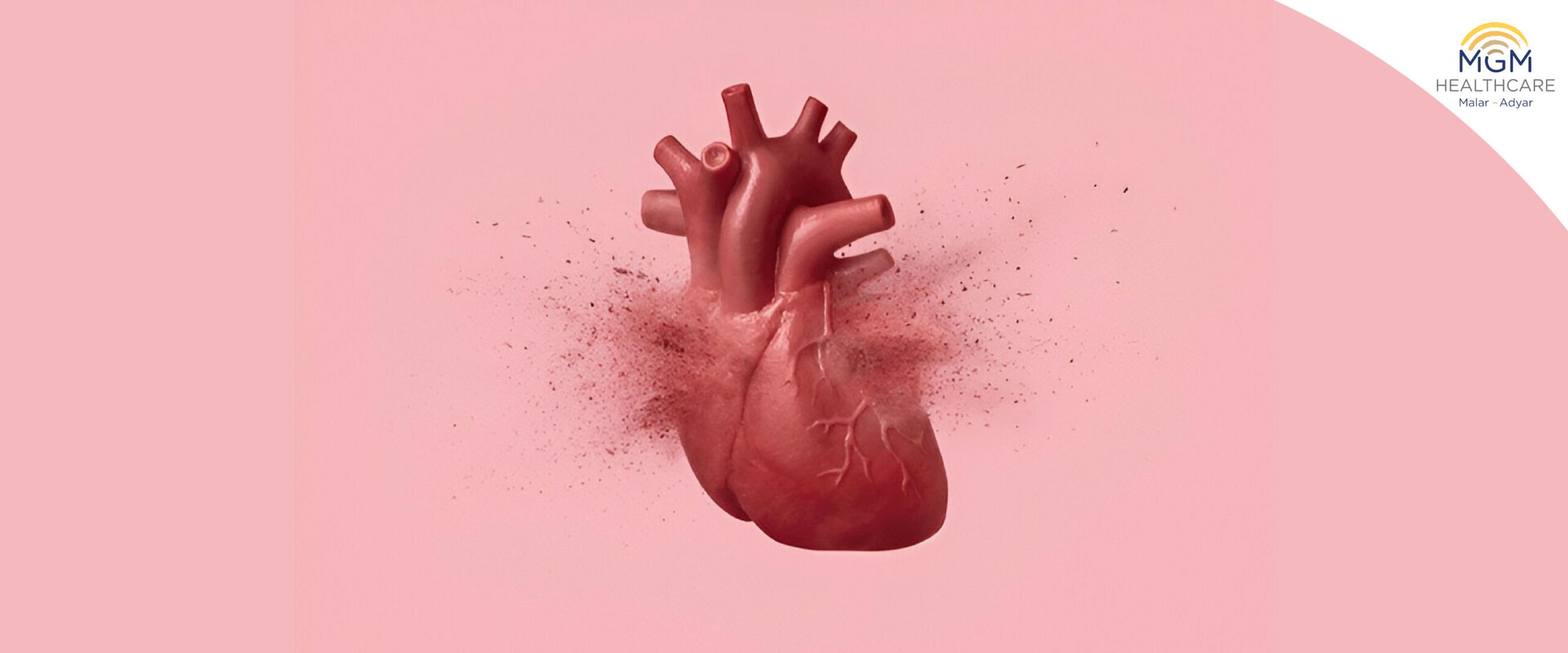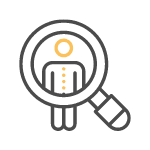
Heart Attack Symptoms: Key Differences Between Men and Women
Heart attacks remain a serious global health challenge. Yet many people don’t recognize the early signs of a heart attack, especially the pre heart attack symptoms female experience, since heart attack symptoms in men and women often differ. By understanding the heart attack risk factors, key warning signs, and treatments, you can act quickly and protect your heart health.Learn more about our team and how we’re working to raise awareness about heart health.
What Is a Heart Attack?
A heart attack, also called a myocardial infarction, occurs when blood flow to part of the heart is blocked, usually by a blood clot in a coronary artery. Without oxygen, heart muscle tissue begins to die. The longer the blockage remains untreated, the greater the damage.
Common Heart Attack Symptoms
Heart Attack Symptoms in Men
Men often show the “classic” signs, such as:
- Chest pain or pressure, described as squeezing or heavy
- Pain radiating to the left arm, jaw, or neck
- Shortness of breath, even while resting
- Cold sweats
- Dizziness or lightheadedness
Because these symptoms are well-known, men are often diagnosed more quickly.
Heart Attack Symptoms in Women
Women may also feel chest pain but are more likely to have silent heart attack symptoms or less typical signs, including pre heart attack symptoms female such as:
- Unusual tiredness or weakness, sometimes days before the event
- Shortness of breath without chest pain
- Nausea, vomiting, or indigestion mistaken for stomach issues
- Pain in the jaw, back, or abdomen
- Fainting or dizziness
These subtler differences between men and women heart attack symptoms often cause delays in treatment.
Early Symptoms of a Heart Attack
The most common cause is coronary artery disease, where plaque buildup blocks blood flow. Key heart attack risk factors include:
- High blood pressure or cholesterol
- Smoking
- Diabetes or obesity
- Family history of heart disease
- Sedentary lifestyle, unhealthy diet, and chronic stress
For expert heart care and guidance on managing risk factors, consult Dr. Manohar G, a leading cardiologist based in Chennai.
Tests Used to Detect a Heart Attack
Early detection is critical. Doctors may use:
- Physical exams to check heart sounds and circulation
- Electrocardiograms (ECG/EKG) to spot blockages
- Blood tests for cardiac enzymes
- Imaging tests such as echocardiograms, CT scans, or angiography
Treatment Options for Heart Attack
Emergency Treatment
Immediate treatment for heart attack can save lives. Options include:
- Medications like aspirin, clot-busters, and blood pressure stabilizers
- Angioplasty and stenting to open arteries
- Coronary bypass surgery to restore blood flow
Long-Term Management
Recovery requires ongoing care:
- Medications such as statins, beta-blockers, or ACE inhibitors
- Lifestyle changes: heart-healthy diet, regular exercise, quitting smoking, stress management
- Cardiac rehabilitation programs help guide recovery. Learn how our Cardiology team supports patients through rehabilitation.
Living With Heart Disease
A heart attack doesn’t mean life is over. With the right care, many people live healthy, fulfilling lives. Focus on:
- Regular monitoring of vital health factors including blood sugar, cholesterol, and blood pressure
- Following practical heart health tips like balanced nutrition, daily activity, and good sleep
- Staying alert to the early signs of a heart attack to prevent future events
Conclusion
Heart attack symptoms in men and women can vary widely. Men often show the classic chest pain, while women may have subtler, pre heart attack symptoms female like indigestion or fatigue. Knowing the warning signs of heart attack, adopting proven heart health tips, and understanding how to prevent heart attacks empowers you to take control. With the right care and lifestyle, living with heart disease is manageable and can still allow for a long, fulfilling life.
Your heart health matters. Get in touch with our team for support and care.
Frequently Asked Questions (FAQ)
Women often experience early symptoms of a heart attack such as unusual tiredness, jaw or back pain, shortness of breath, indigestion-like discomfort, and nausea. These pre heart attack symptoms female can appear days or weeks before a major event.
Men typically show classic chest pain, arm pain, and shortness of breath, while women may experience subtle or silent signs like fatigue, dizziness, indigestion, or anxiety. These differences in heart attack symptoms men vs women often lead to delayed treatment for women.
Common warning signs include chest pressure, sweating, shortness of breath, pain in the arm or jaw, dizziness, nausea, and extreme fatigue. These signs and symptoms of heart attack should never be ignored, and immediate medical attention is crucial.
Contact Us
Appointments
Emergency
MGM - Malar Adyar
Old No. 52 New No. 111, 1 st Main Road, Gandhi Nagar, Adyar, Chennai – 600020
At MGM Malar - Adyar Hospital, our philosophy centers on alleviating the apprehension associated with illness. Recognizing that confronting health challenges entails both physical and emotional struggles, our devoted team is steadfast in delivering outstanding healthcare to enhance your overall wellness and alleviate the stress that accompanies medical conditions. Situated in the heart of the city with a 141-bed facility, we are dedicated to supporting you throughout your healthcare journey.










